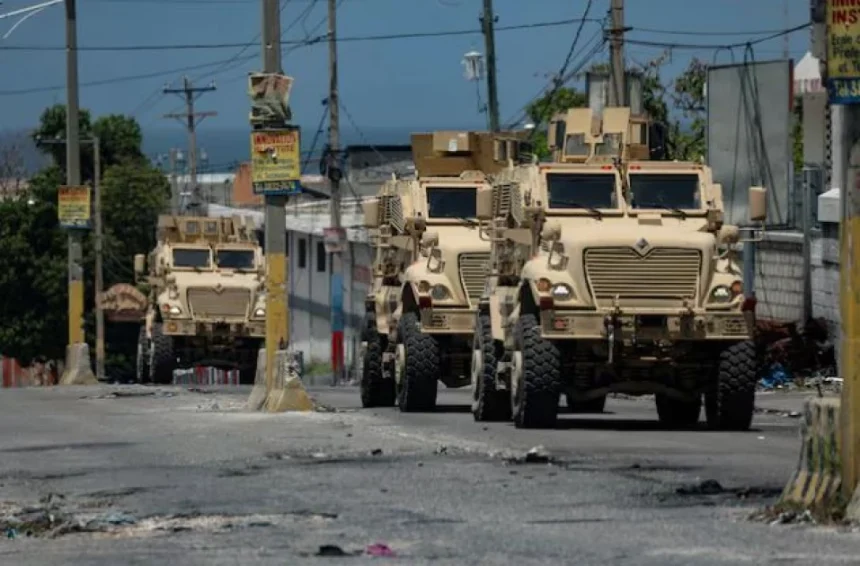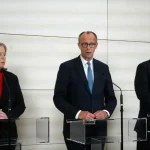-
Legal Basis: UNSC Resolution 2699, acting under Chapter VII of the UN Charter.
-
Framework: Multinational Security Support (MSS) Mission.
-
Lead Nation & Personnel: A contingent of 1,000 highly trained officers from the Kenyan National Police Service.
-
Partner Nations: Tactical support from Jamaica, Barbados, and Benin, with financial backing from the United States, Canada, and others.
-
Operational Timeline: Initial deployment slated for early 2024, with a 12-month mandate.
-
Strategic Endgame: Create a secure environment to facilitate the flow of humanitarian aid and support the transitional governance structure leading to elections.
-
Rules of Engagement: Robust rules of engagement (ROE) to protect civilians and neutralize imminent threats.
-
Logistics & Funding: Administered through a dedicated UN trust fund, separate from traditional peacekeeping budgets.
Long Description:
Decoding the UN’s New Haiti Intervention: A Strategic Overview
The United Nations Security Council has greenlit a decisive military intervention to address the catastrophic security vacuum in Haiti. This Multinational Security Support (MSS) Mission, led by Kenya, marks a critical turning point in the international community’s response to the gang-dominated crisis.
This is more than a simple peacekeeping deployment; it is a targeted, combat-capable force mandated to take offensive action against the criminal networks strangling Haiti. The mission’s success hinges on the specialized skills of the Kenyan National Police Service, chosen for their expertise in complex urban environments. Their primary objective is the deliberate dismantling of gang control over key logistical chokepoints, thereby unlocking humanitarian corridors and restoring a semblance of state authority.
This strategic intervention, backed by a Chapter VII mandate, provides the legal authority necessary to conduct effective operations. The involvement of Caribbean nations ensures regional legitimacy, while Kenyan leadership highlights a shift towards burden-sharing among Global South nations. The MSS mission represents a calculated, necessary risk to break the cycle of violence and create a window of opportunity for Haiti’s political and economic recovery. The world is holding its breath for this operation to bring lasting stability.










